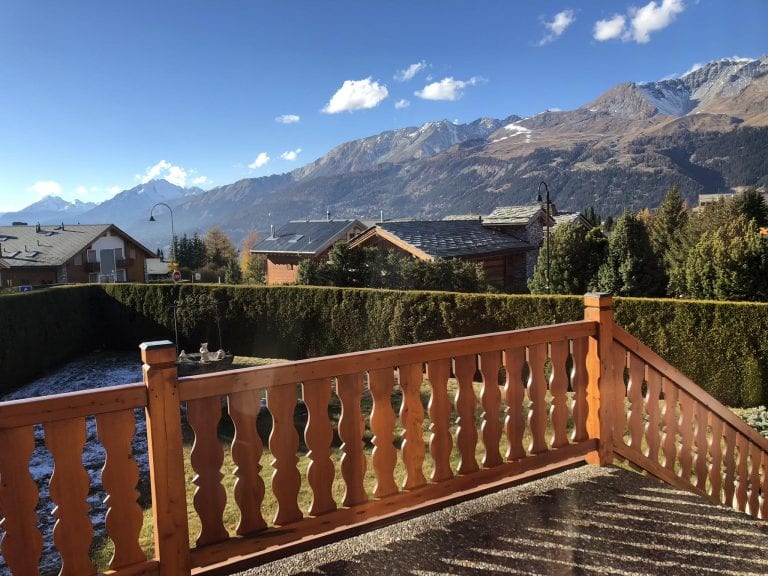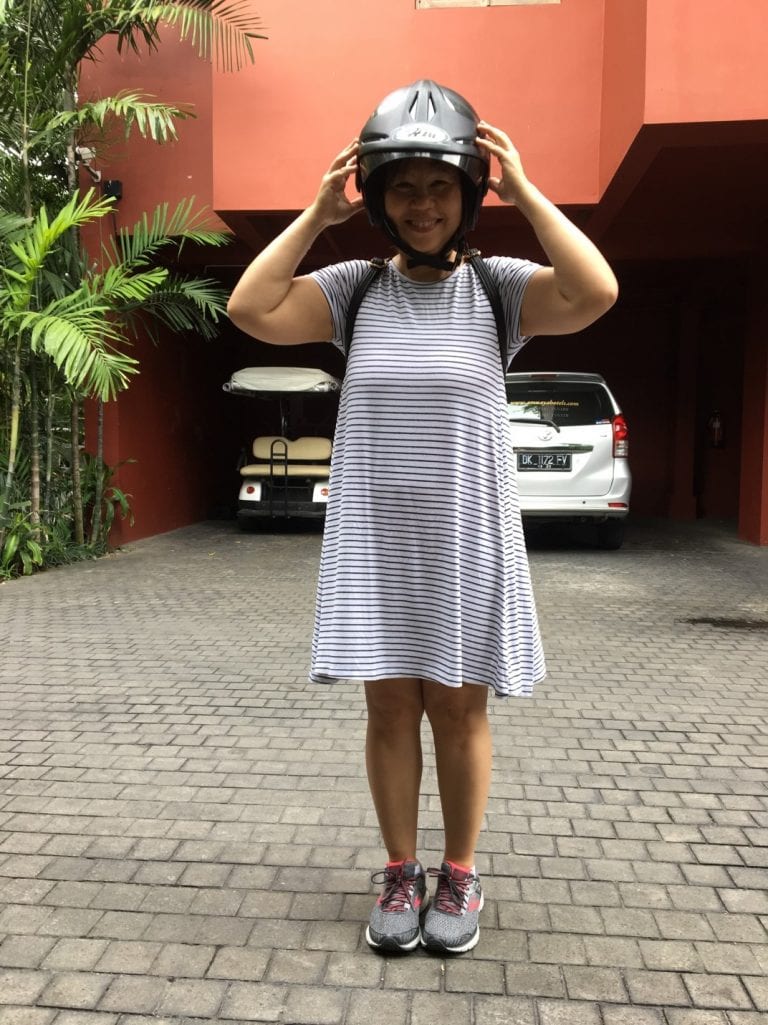By Deah Dushyanth
I have always defined myself as a global citizen. Yes, I grew up in New York and sound distinctly American, but my passport will always display the trio of lions that make up the State Emblem of India. In fact, until very recently, I was a complete foreigner in the place I’d called my home my entire life. After twelve years of waiting, I received my Green Card a few days after my 17th birthday in 2016. Officially receiving that small piece of plastic meant that I was finally entitled to most of the same rights as any American citizen. In my mind, it meant that I had as much a reason to be here as any one of my friends. Still, did this finally make me American? But even more importantly, did I even want to be American?
If there’s one thing the immigration process taught me, it's that there are certain passports you want to have, and others that will result in waiting. A lot of waiting. Growing up, I likely spent just as much time at the USCIS building in Manhattan as I did on the playground with my friends. I’m not here to spin a sob story about my lost childhood in my family’s pursuit of the American dream, because that would be a lie. Yes, I missed out on a lot of the carefree aspects of being a child that my peers were able to enjoy, but growing up immigration office-hopping was actually an incredibly rewarding experience for a kid. I learned how to tell where a person was from based on the color of their passport, which helped when I trying to decipher people’s conversations in every language I would hear in the waiting room, consumed by boredom. Even then I was incessantly nosy and annoyingly friendly. I learned the importance of patience, protocol and attention to detail, watching my parents fill out every form in the known universe, and failing, on many occasions, to do so correctly. Most importantly, I learned resiliency and the art of getting through to people who only see you as another face in a sea of individuals who want the same thing. My particularly unique childhood was simultaneously foreign and inherently American, something that every immigrant child grapples with.
My identity has always been something that seemed to be working against me. I festered over it all: my cultural identity, my identity within my family, and my duty as a member of a global community. For a long time, I was ashamed of the fact that I didn’t have roots in the place I called home. I often found myself wishing I’d won the geographic lottery and stuck the landing in New York instead of Bangalore, India. Conversely, I wished that my parents had never left India, saving me the energy of understanding how to grow up in a completely new country. I came to understand, however, that my cultural bipolarity is an integral part of my identity. The Indian side of me helps me understand things on a global scale, and see beyond the idyllic cultural bubble of the northern hemisphere. I understand that people lead different lives in every part of the world because, for a time, my life wasn’t what it is now. But I would be lying if I said there isn’t a big part of me that is completely American. I credit my sense of agency and often bull-headed inability to accept failure to the country that I grew up in. The combination of these value systems is what makes me believe that everybody should be a global citizen. In an effort to not sound like a broken record, I urge people to take the advice of those PSA’s on getting little kids to eat vegetables: you won’t know what its like till you try it. It's exactly that approach that leads millions of people to immigrate to the United States and millions of others to set out around the world to explore how they can be members of a global community beyond geographic and cultural borders. Its why I cherish my annual summer visits to India, and why I am skeptical of forfeiting my Indian passport when I am up for American citizenship in a few years (don’t worry this hasn’t all just been a ploy to get India to offer dual citizenship). Finally, it is why I made a conscious decision to make studying abroad a key component of my college education. What better way to learn how to be a universal thinker than by exploring the way people think all around the world?



